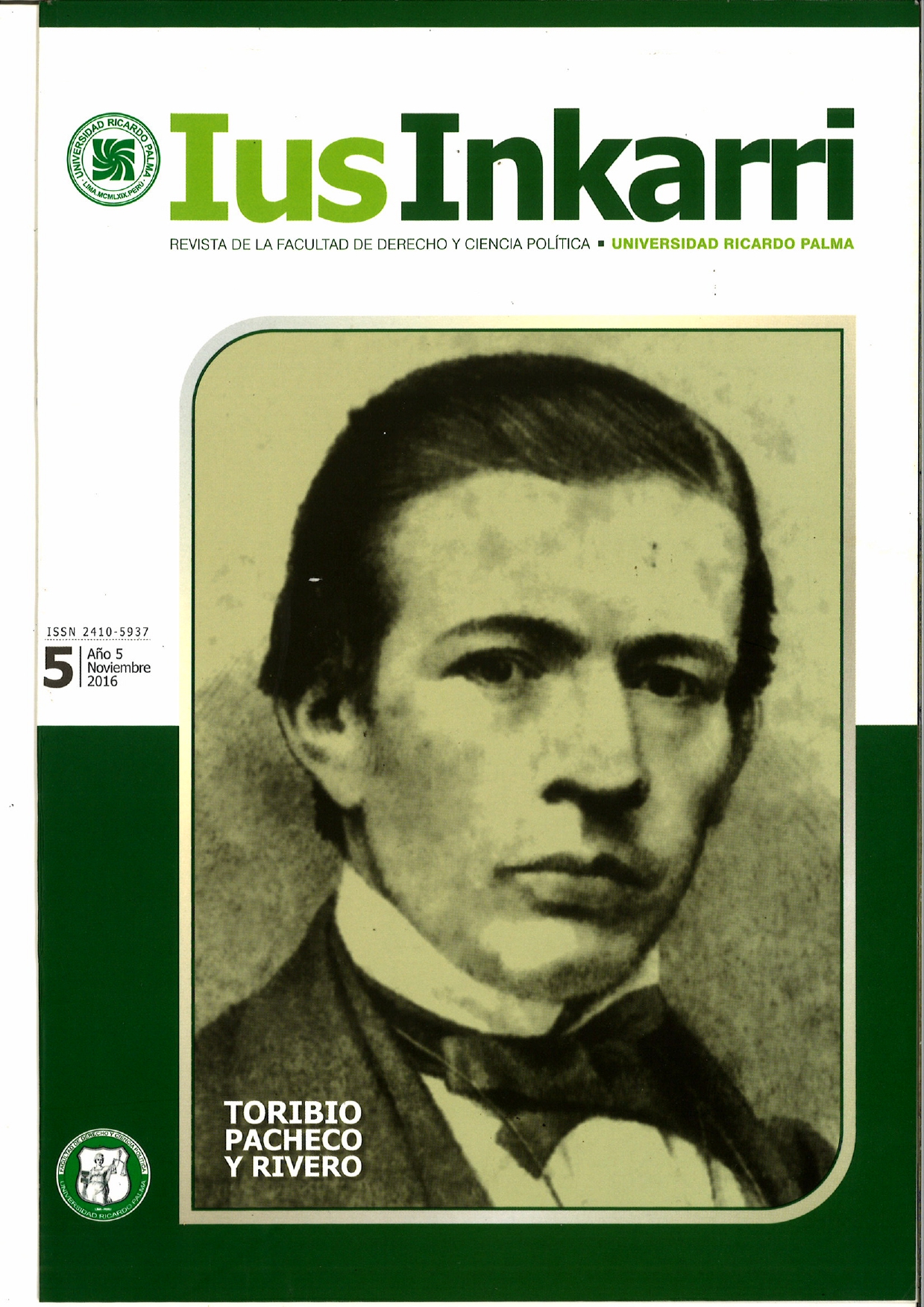Judicial language: Argumentation and style
DOI:
https://doi.org/10.31381/iusinkarri.vn5.4204Keywords:
Language, Law, Judicial Interpretation, Technical language, Semiotics, Ambiguity, Clarity, Lagoons law, Judicial LanguageAbstract
Genuine lawyers know that the external form of judicial decisions is not usually subject to control, so that, at first glance, it is irrelevant, legally speaking, the "style" or the literary quality of a judicial decision. Instead, the arguments, the arguments used and the logical internal mode of articulating constitute the essence of the motivation and purpose of legal control. However, it must be stressed that style and argument are inextricably linked in language and although most attention of lawyers has been especially argumentation, greater openness and transparency of society demand from the legal point of view the therefore adaptation and updating the judicial style.
This is confirmed by the judicial experience in Spain where, as had already proved long ago that "the darkness of the language of the trial is a bad unfortunately widespread in our administration of justice". Only recently they have laid the foundations and measures have been taken in order to improve the judicial language. Educational work and, to some extent copy of the Constitutional Court and the adoption of such fundamental laws have contributed to more expensive this task. In fact it has taken into account the need to make more understandable the judicial language. In the genesis of such agreement, the General Council of the Judiciary considered it essential "to facilitate communication and information in an understandable way to the courts with citizens, using in both oral procedural acts and written, clear and simple language, without prejudice to the necessary technical rigor"
Therefore, and in view assimple as a desirable goal, achieving a comprehensive judicial language, this study focused on the study of law and judicial practice, limiting him to two aspects that can be considered fundamental. Therefore examine, first, the main reasons, primarily legal, imposed an improvement of legal language and particularities of language in judicialmotivation. And, secondly, we analyze the Spanish judicial experience regarding efforts to achieve a more consistent judicial language with our current democratic and integrated society in Europe.
Downloads
Downloads
Published
How to Cite
Issue
Section
License
Copyright (c) 2021 David Ordoñez Solis

This work is licensed under a Creative Commons Attribution 4.0 International License.













